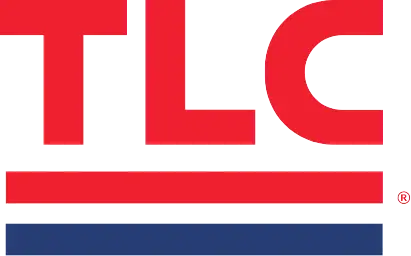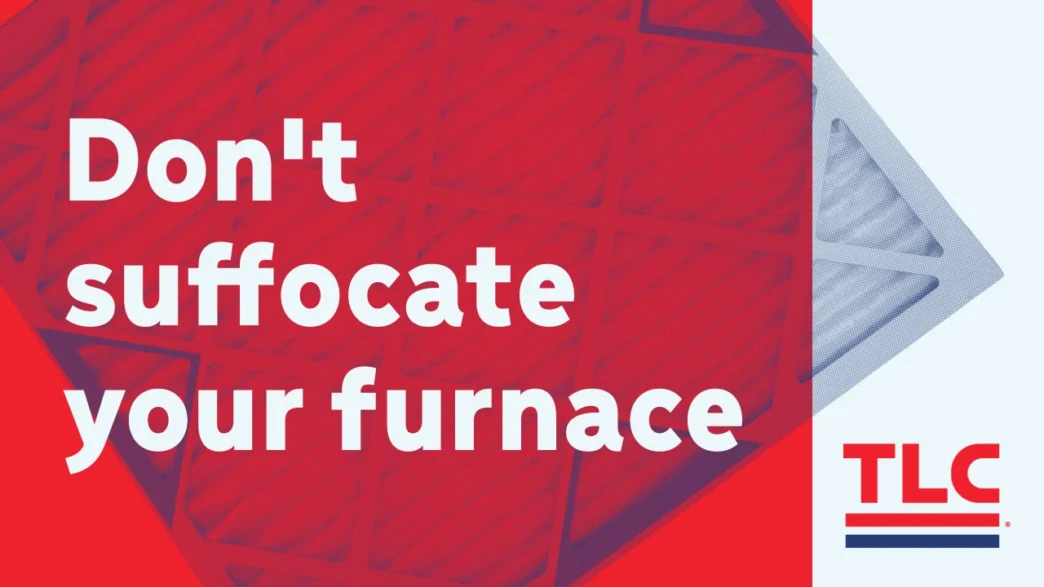The cold weather hit us fast and unexpectedly this week. Which is quite common for New Mexico. One day it is warm and the next day the temperature drops. If you’re like many of our customers you are starting to crank up the heat for these cooler days and nights.
The most important thing you need to do for your furnace
There is one crucial step to getting your furnace ready for winter. You absolutely need to change your furnace filter(s) at the start of heating season. You can have an HVAC professional do this for you as part of an annual furnace inspection which we highly recommend to keep you and your family safe, comfortable and have peace of mind this winter. It is crucial to your furnace’s function to change your filters at least once prior to winter. Many furnace maintenance professionals may recommend changing your filters more frequently if you have pets with lots of dander or live in an area where you have lots of dust and dirt. These can easily clog your filter.

Why do I need to change the furnace filter?
It is very important that you change your furnace filters to keep your furnace functioning properly. A clogged, dirty filter can reduce energy efficiency by up to 15%. Because a dirty filter inhibits air flow it causes the furnace to work harder to maintain heating temperatures and can cause avoidable repairs.
What type of furnace filter do I need?
Furnace filters come in all sizes depending on your furnace size. If you check out your local home improvement store you’ll notice there are many types of furnace filters. You may be asking yourself which ones do I buy, what are the differences.

Furnace filters differ in material and filtration levels. They are rated by what is called a MERV ( Minimum Efficiency Reporting Value) this measures how efficiently the filter captures particles of specific sizes that pass through the filter into the furnace. See the difference in rating values below:
When it comes to choosing a furnace filter that is right for your home, consider what your needs are? Do you or any of your family members suffer from allergies or asthma? If so, you definitely want to consider a higher rated filter.
Types of furnace filters:
Basic Fiberglass Filters: MERV Rating 1-3
This type of filter is a very basic disposable inexpensive furnace filter that captures debris and lint from entering into your furnace for approximately 3 months. This type of filter does not prevent pollen, mold spores, smoke, and other finer particles from entering your furnace and being blown into your home.
Basic Pleated Furnace Filters: MERV Rating 5-6
Pleated filters are made of cotton and polyester which can capture finer household dust particles. While these type of filters are inexpensive they do need to be changed frequently to avoid clogging.
Electrostatic Filters: MERV Rating 8-11
Electrostatic filters uses self-charging electrostatic cotton or paper fibers to attract and trap microscopic airborne particles such as smoke, smog, pollen, pet dander, and mold spores. There are two types of electrostatic filters permanent and disposable. The permanent electrostatic have machine-washable filters that can be washed and reused for 6 to 8 years. Disposable electrostatic filters can have a higher MERV rating up to 11. These type of filters are great for homes with children, or pets and those with allergies or asthma.
High-Efficiency Filters: MERV Rating 14-16
These type of filters are used in hospitals and clean rooms because they remove the finest particles from the air. These type of filters are quite a bit thicker than residential filters and won’t fit in any type of residential furnace.
How do I change my furnace filter?
Now that you know all the types of furnace filters and can decide which one is best for you and your family it’s time to change out those filters. Before you head to the store make sure you remove the existing filters so you can purchase the correct size for your furnace. See our video below for instructions:
Remember, its best to change your filters at the beginning of heating season and at least every 3 months after. If you experience problems with your furnace its always a good idea to safely remove the filter and check to see if it is clogged. We see many heating repairs caused by clogged filters. If you have questions about filters consult your HVAC professional, they can help you decide what type of filter you need and provide you with information on how frequently you should replace your filter based on your furnace system. Remember to call TLC when you need fast furnace repair.
Download our free furnace buying guide:

This guide was designed to provide you with valuable information when replacing your furnace. If you are considering replacing your furnace get all the information you need to make an informed decision.

